| Your mental health is important! You deserve to be happy, fulfilled, confident, calm, and loved. The ups and downs of life can often sabotage positive emotions and thoughts. People can get stuck in the negative; stuck in the beliefs that something “isn’t fair” or is “too tough or difficult.” We you start (or continue) to believe the negative, your mental health suffers. When your mental health suffers, your personal life, professional life, relationships, and physical health suffer too! |
- Attending therapy regularly
- Using coping skills effectively
- Surrounding yourself with a positive support system
- Choosing a job/career that gives you purpose
- Maintaining a budget that is within your financial means
- Laughing
- Enjoying hobbies/activities
- Allowing yourself balance between responsibilities and self-care
- Exercise
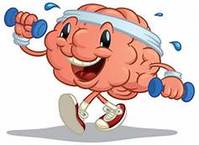
- Weight Loss or Maintenance: Create faster metabolism, build muscles, and burn more calories.
- Increased Energy Level: Regular exercise decreases fatigue.
- Glowing Skin: Exercise provides antioxidant protection and promotes blood flow, which can protect your skin and delay signs of aging.
- Memory: Exercise improves blood flow to the brain which helps brain health and memory. Among older adults, it can help protect mental function to prevent cognitive decline.
- Sleep: Regular exercise can help you relax and sleep better.
- Pain Management: Exercise has favorable effects on the pain that's associated with various conditions, including chronic pain symptoms. It can also increase pain tolerance.
- Sex Life: Exercise has been proven to boost sex drive. Engaging in regular exercise can strengthen the cardiovascular system, improve blood circulation, tone muscles, and enhance flexibility, all of which can improve your sex life. Physical activity can improve sexual performance and sexual pleasure, as well as increase the frequency of sexual activity.
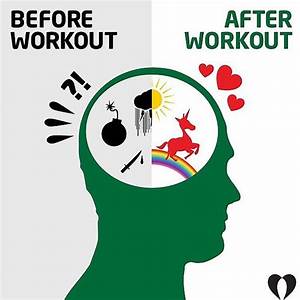
- Reduces Stress: Working up a sweat can help manage physical and mental stress, by increasing concentrations of norepinephrine, a chemical that can moderate the brain’s response to stress.
- Improves Mood: Exercise releases endorphins, which create feelings of happiness and euphoria. Studies have shown that exercise can even alleviate symptoms among the clinically depressed.
- Improve Self-Confidence: Regardless of weight, size, gender, or age, exercise can quickly elevate a person's perception of his or her attractiveness à self-worth.
- Determination: Exercise allows you to set a personal goal during each workout. The pride of accomplishment reaps happiness and fulfillment each time.
- Alleviate Anxiety: The “warm and fuzzy” chemicals that are released during and after exercise can help people with anxiety disorders calm down, reduce anxiety sensitivity, and clear negative thoughts.
- Helps Control Addiction: The brain releases dopamine, the “reward chemical,” in response to any form of pleasure, be that exercise, sex, drugs, alcohol, or food. Exercise can help in addiction recovery by replacing the drug/alcohol craving with exercise. It can also effectively distract drug or alcohol addicts, making them de-prioritize cravings (at least in the short term).
- Motivation and Creativity: Research shows that people who take time for exercise on a regular basis are more productive and have more energy than their more sedentary peers.
- Sleep and Relaxation: Moving around five to six hours before bedtime raises the body’s core temperature. When the body temp drops back to normal a few hours later, it signals the body that it’s time to sleep.
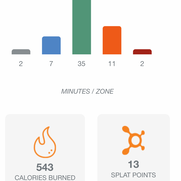
Author
If you need mental health help, contact Bree today. Bree believes in regular exercise and will encourage you to engage in healthy coping skills, including exercise, so you can live the life you fully desire.
Bree Winkler is a Licensed Professional Counselor in Atlanta, GA. Bree specializes in helping clients manage anxiety, depression, anger, and relationship issues.
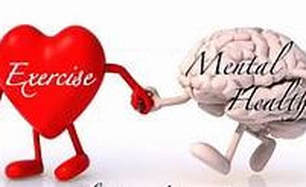

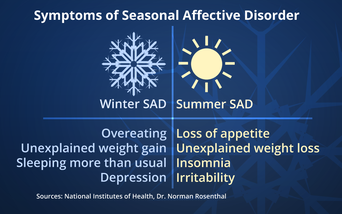


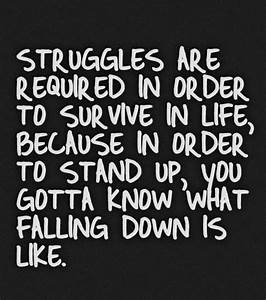
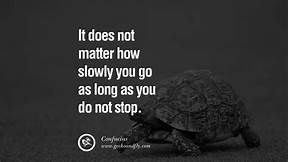
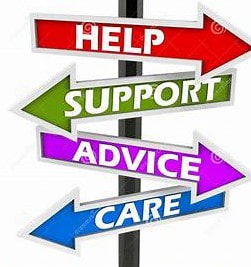




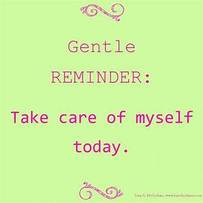
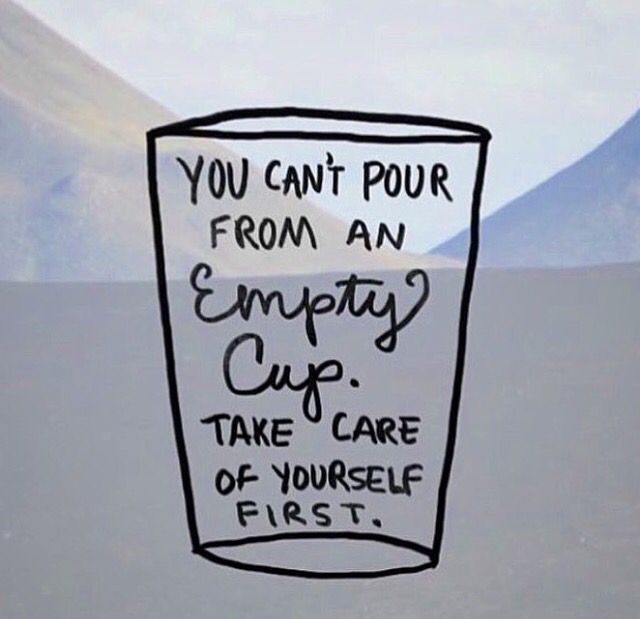
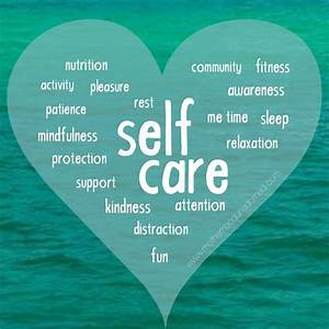
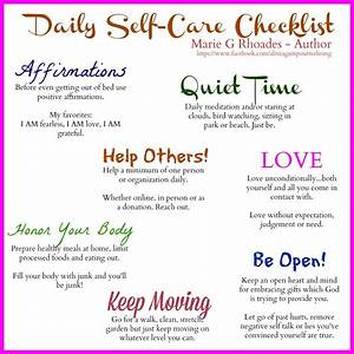


 RSS Feed
RSS Feed